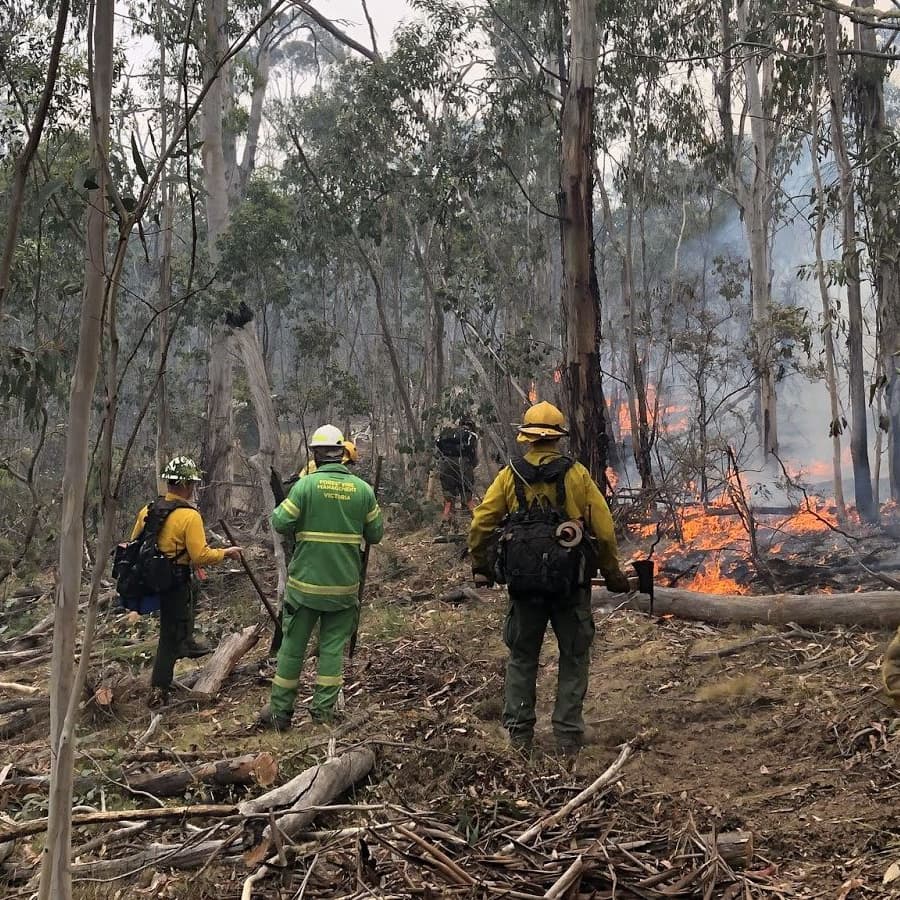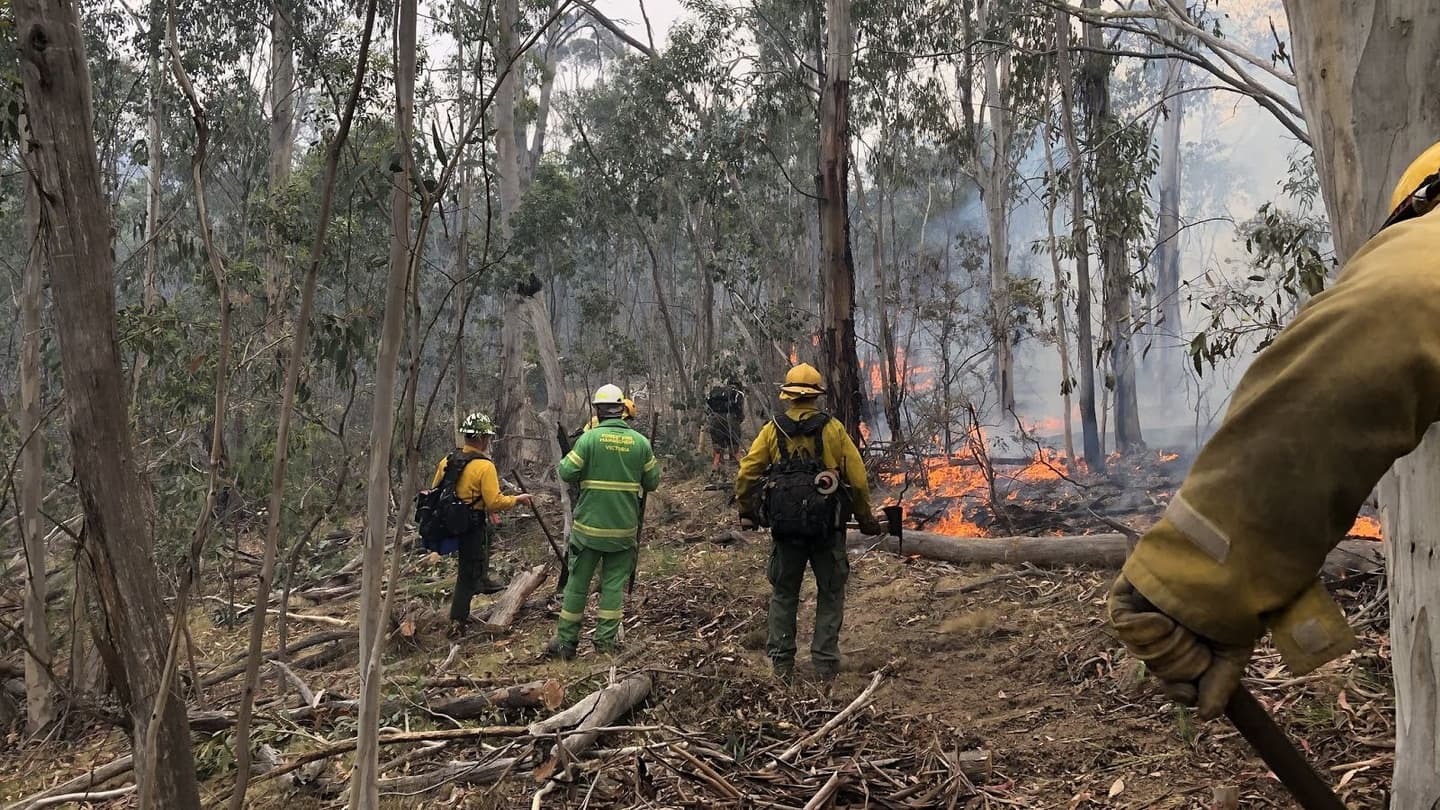Global events in September in five headlines, for those with concerns over the environment, sustainability and energy transition.
1.
As US journalist Annie Lowrey wrote in the Atlantic while interviewing various experts about the widespread belief that individual behaviour can influence the environment; while such behaviour might be irrelevant on a singular level, it can influence the fight against climate change through shifting mores and norms to habits which can positively influence attempts to build more sustainable societies and economies.
2.
A recent study published in the U.S. scientific journal Proceedings of the National Academy of Sciences revealed that two huge glaciers in the Antarctic ice sheet are shrinking and breaking at increasing speed due to global warming. As the ice sheets melt, these glaciers contribute about 5% to global sea level rise, both because of the air temperature - higher than usual - and because the waters below are warmer now than in the past.

